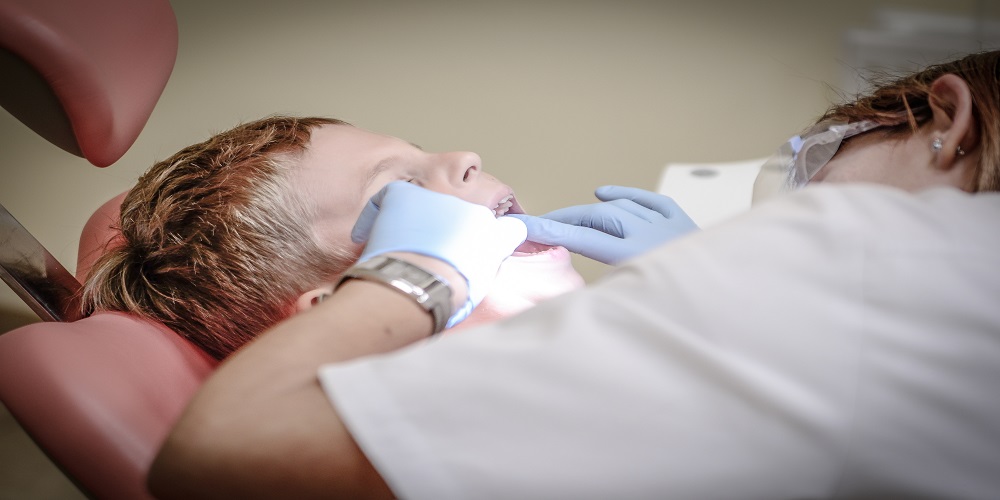Oral cancer is a serious and potentially life-threatening disease that affects thousands of people in Canada each year. It is essential to raise awareness about this condition, as early detection plays a crucial role in successful treatment outcomes. This article aims to provide valuable information and education on oral cancer, including its signs, risk factors, and the importance of early detection. By understanding these aspects, individuals can take proactive steps to maintain their oral health and seek timely treatment. In t6his article we will discuss about Oral Cancer Awareness: Signs, Risk Factors, and Early Detection read more here

I. Understanding Oral Cancer
Oral cancer refers to the abnormal growth of cells in the oral cavity, including the lips, tongue, cheeks, floor of the mouth, and the hard and soft palate. It can also affect the throat, tonsils, and salivary glands. Recognizing the signs and symptoms of oral cancer is vital for early detection and prompt treatment.
II. Signs and Symptoms of Oral Cancer
- Persistent Mouth Sores:
Non-healing sores or ulcers in the mouth that do not improve within two weeks may indicate oral cancer. These sores can be painful and may bleed easily.
- Red or White Patches:
Red or white patches in the mouth or on the lips that do not resolve or go away can be a potential sign of oral cancer. These patches may be painless or accompanied by discomfort.
- Unexplained Bleeding:
Unexplained bleeding in the mouth, throat, or gums should be evaluated by a dental professional, as it may be indicative of oral cancer.
- Difficulty Swallowing or Chewing:
Oral cancer can cause difficulty or pain while swallowing or chewing. Persistent hoarseness or a change in voice may also occur.
- Numbness or Tingling:
Numbness or tingling sensation in the mouth, lips, or tongue may be an early sign of oral cancer. It is essential to consult a dentist if these sensations persist.
III. Risk Factors for Oral Cancer
Several risk factors increase the likelihood of developing oral cancer. While these factors do not guarantee the development of the disease, they should be considered as indicators for increased vigilance and regular screenings.
The following are some common risk factors associated with oral cancer:
- Tobacco and Alcohol Use:
Tobacco use in any form, including smoking and smokeless tobacco, significantly increases the risk of oral cancer. Excessive alcohol consumption, particularly when combined with tobacco use, further elevates the risk.
- Human Papillomavirus (HPV) Infection:
Certain strains of HPV, especially HPV-16, are linked to oral cancer. Practising safe sex and getting vaccinated against HPV can help reduce the risk.
- Sun Exposure:
Prolonged exposure to the sun without adequate protection, such as lip balm with sunscreen or wearing a wide-brimmed hat, can increase the risk of lip cancer.
- Poor Oral Hygiene:
Neglecting oral hygiene practices, such as regular brushing, flossing, and routine dental visits, can contribute to the development of oral cancer.
IV. Importance of Early Detection
Early detection of oral cancer is crucial for successful treatment outcomes. Regular dental check-ups play a significant role in identifying potential signs and symptoms of oral cancer. Dentists are trained to examine the oral cavity thoroughly, and they can perform additional tests if necessary. Early detection enables prompt intervention and increases the chances of successful treatment and recovery.
V. The Role of Complete Family Dental Care
Maintaining regular visits to a dental professional who provides complete family dental care is vital for oral health and overall well-being. Dentists with expertise in oral cancer detection and prevention can offer the following:
- Oral Cancer Screenings:
Dental professionals can conduct comprehensive oral cancer screenings during routine check-ups, which involve examining the mouth, throat, and surrounding areas for any signs of abnormalities.
- Education and Awareness:
Dentists can educate patients about the signs and symptoms of oral cancer, the importance of regular self-examinations, and the adoption of healthy lifestyle choices to minimize the risk.
Conclusion
Oral cancer is a serious disease that requires attention and awareness. By understanding the signs, risk factors, and the significance of early detection, individuals can take proactive steps towards maintaining their oral health. Regular visits to dental professionals who provide complete family dental care are crucial for oral cancer screenings and maintaining overall oral health.
To prioritize your oral health and receive comprehensive family dental care, contact [Dental Clinic Name] at [Contact Number]. Our experienced dental professionals are committed to providing preventive care, early detection, and personalized treatment options for optimal oral health. Remember, your oral health matters, and early detection can save lives.